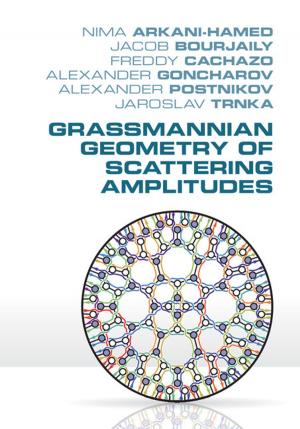Global Justice and International Economic Law
Three Takes
Nonfiction, Reference & Language, Law, Jurisprudence| Author: | Frank J. Garcia | ISBN: | 9781107357914 |
| Publisher: | Cambridge University Press | Publication: | April 15, 2013 |
| Imprint: | Cambridge University Press | Language: | English |
| Author: | Frank J. Garcia |
| ISBN: | 9781107357914 |
| Publisher: | Cambridge University Press |
| Publication: | April 15, 2013 |
| Imprint: | Cambridge University Press |
| Language: | English |
For centuries, international trade has been seen as essential to the wealth and power of nations. More recently we have started to understand its problematic role as an engine of distributive justice. In this compelling book Frank J. Garcia proposes a new way to evaluate, construct and manage international trade - one that is based on norms of economic justice, comparative advantage and national interest. Garcia examines three ways to conceptualize the problem of trade and global justice, drawn from Rawlsian liberalism, communitarianism and consent theory. These approaches illustrate specific issues of importance to the way global justice has been theorized, offering a pluralistic mode of arguing for global justice and highlighting the unique modes of discourse we employ when engaging with global justice and their implications for conceptualizing and arguing the problem. Garcia suggests a new direction for trade agreements built around truly consensual trade negotiations and the kind of international economic system they would structure.
For centuries, international trade has been seen as essential to the wealth and power of nations. More recently we have started to understand its problematic role as an engine of distributive justice. In this compelling book Frank J. Garcia proposes a new way to evaluate, construct and manage international trade - one that is based on norms of economic justice, comparative advantage and national interest. Garcia examines three ways to conceptualize the problem of trade and global justice, drawn from Rawlsian liberalism, communitarianism and consent theory. These approaches illustrate specific issues of importance to the way global justice has been theorized, offering a pluralistic mode of arguing for global justice and highlighting the unique modes of discourse we employ when engaging with global justice and their implications for conceptualizing and arguing the problem. Garcia suggests a new direction for trade agreements built around truly consensual trade negotiations and the kind of international economic system they would structure.















